Experts call on Washington to work with Beijing to promote peace in region
Experts have called on the United States to work with China to promote peace and prosperity in the Asia-Pacific region and jointly address global challenges, following U.S. Secretary of State Antony Blinken's Asia visit.
Blinken wrapped up an intense nine-day diplomatic tour of the Middle East and Asia in India on Friday. His trip included South Korea and a G7 foreign ministers' meeting in Japan, and discussed topics covering the Palestine-Israel conflict, the Russia-Ukraine conflict, and some so-called geopolitical concerns in the "Indo-Pacific". China was also a topic of discussion between Blinken and U.S. allies.
Yuan Zheng, deputy director of the Chinese Academy of Social Sciences' Institute of American Studies, said Blinken's meeting with regional partners in Asia was to show unity over major geopolitical issues and prevent existing differences on Gaza from deepening.
Yuan said that in recent years, the U.S. has been reducing its military presence in the Middle East and shifted its strategic focus to the Asia-Pacific region. Thus, the worsening of the conflict is not in its interest, especially when there is an increasing call for a humanitarian ceasefire from the global community. "So, it is important for the U.S. to keep communication with allies in Asia."
He Yun, an associate professor at Hunan University's School of Public Policy, said Blinken's trip reflected a clear recognition within the U.S. government of the need to reassure allies of its commitment to the "Indo-Pacific", as some think that the U.S. global strategy with a focus on Asia-Pacific would be distracted by the Gaza conflict.
"The U.S.' strategic messaging and diplomatic initiatives appear to be aimed at maintaining confidence among its partners in the region that it has not diverted its attention away from this crucial geopolitical arena," she said.
However, she said that at a time when the world is facing more and more uncertainties, with geopolitical conflicts increasing and economic recovery slowing, it is unwise and not in the interest of the U.S. to continue to provoke confrontation in the Asia-Pacific region.
She said the world has expectations for the relationship between the U.S. and China to improve, as leaders of both countries are expected to meet and attend the APEC meeting in San Francisco this week.
"It should be noted that the global landscape is keenly observing the dynamics between China and the U.S.," she said.
She also said China is sending a positive signal with its leader's visit to San Francisco and calls for international actions to reduce tensions. "It shows that China is sincere and plays a responsible role in China-U.S. relations and world peace and development. A responsible response by the U.S. is anticipated."
Yuan said that unless the Palestine-Israel conflict and the Russia-Ukraine conflict spiral out of control and escalate on a large scale, U.S. strategic focus will remain on the Asia-Pacific.
This year, there have been frequent interactions between China and the U.S., with bilateral ties showing signs of emerging from its lowest level in decades.
Yuan said the U.S. should take substantial action to rebuild mutual trust between the two sides to stabilize the relationship with China, rather than saying one thing and doing another.










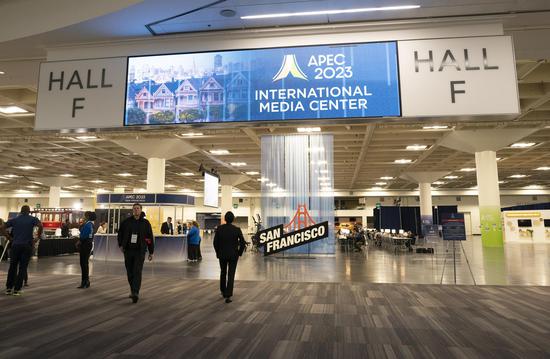
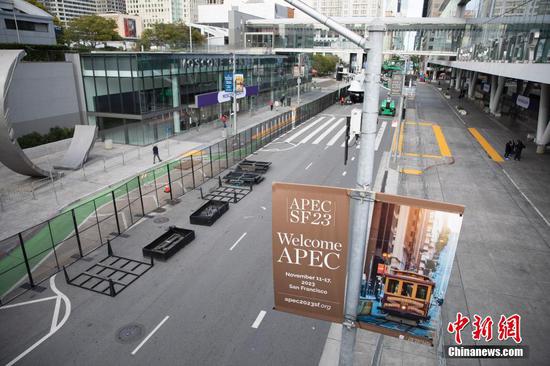





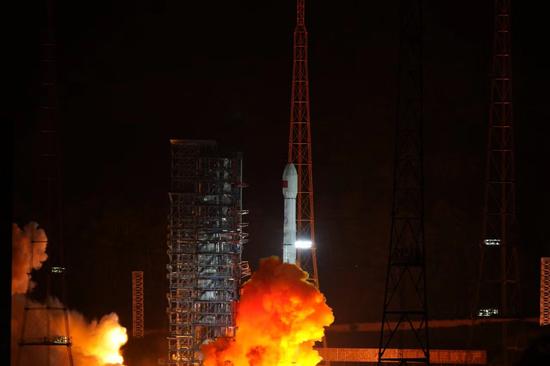






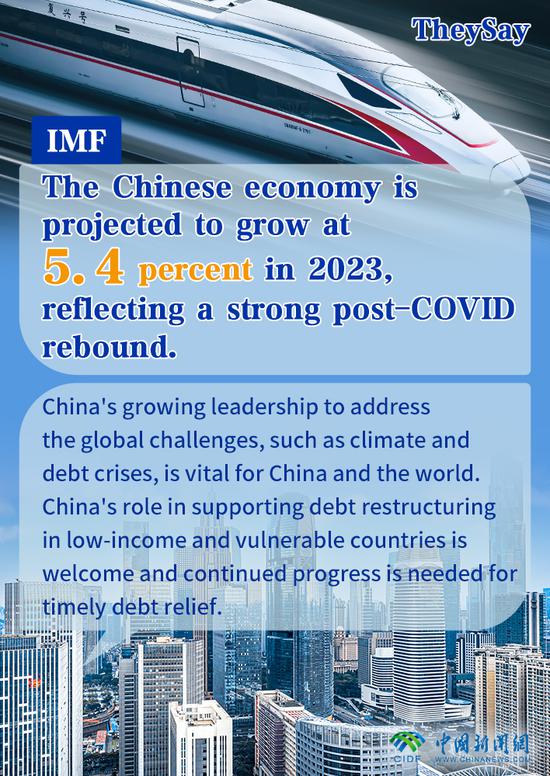
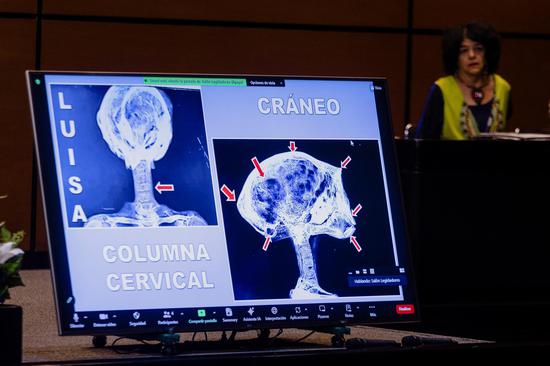






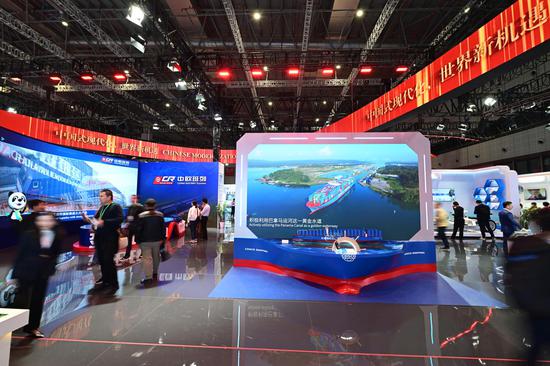
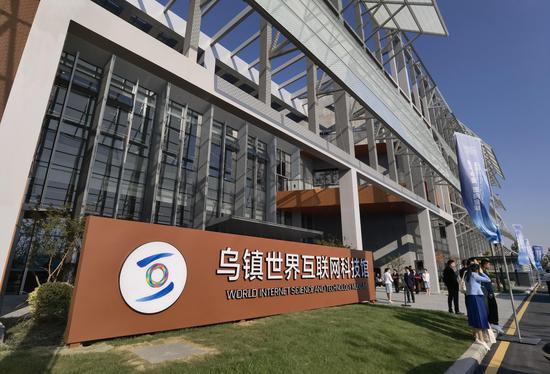

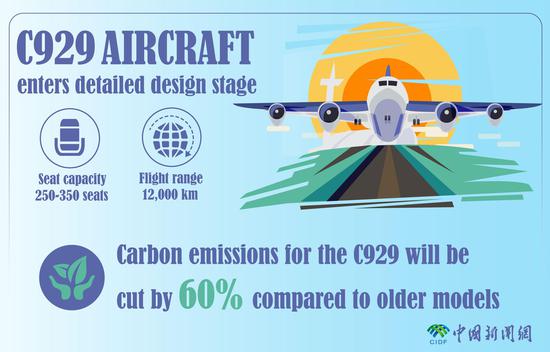
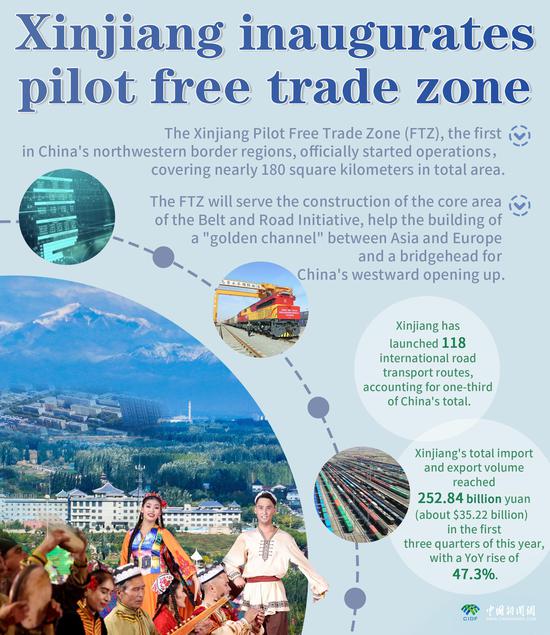



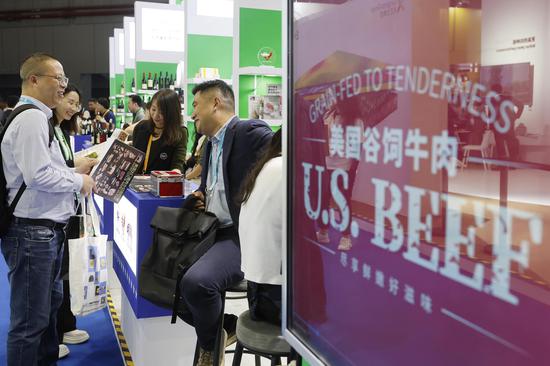









 京公网安备 11010202009201号
京公网安备 11010202009201号